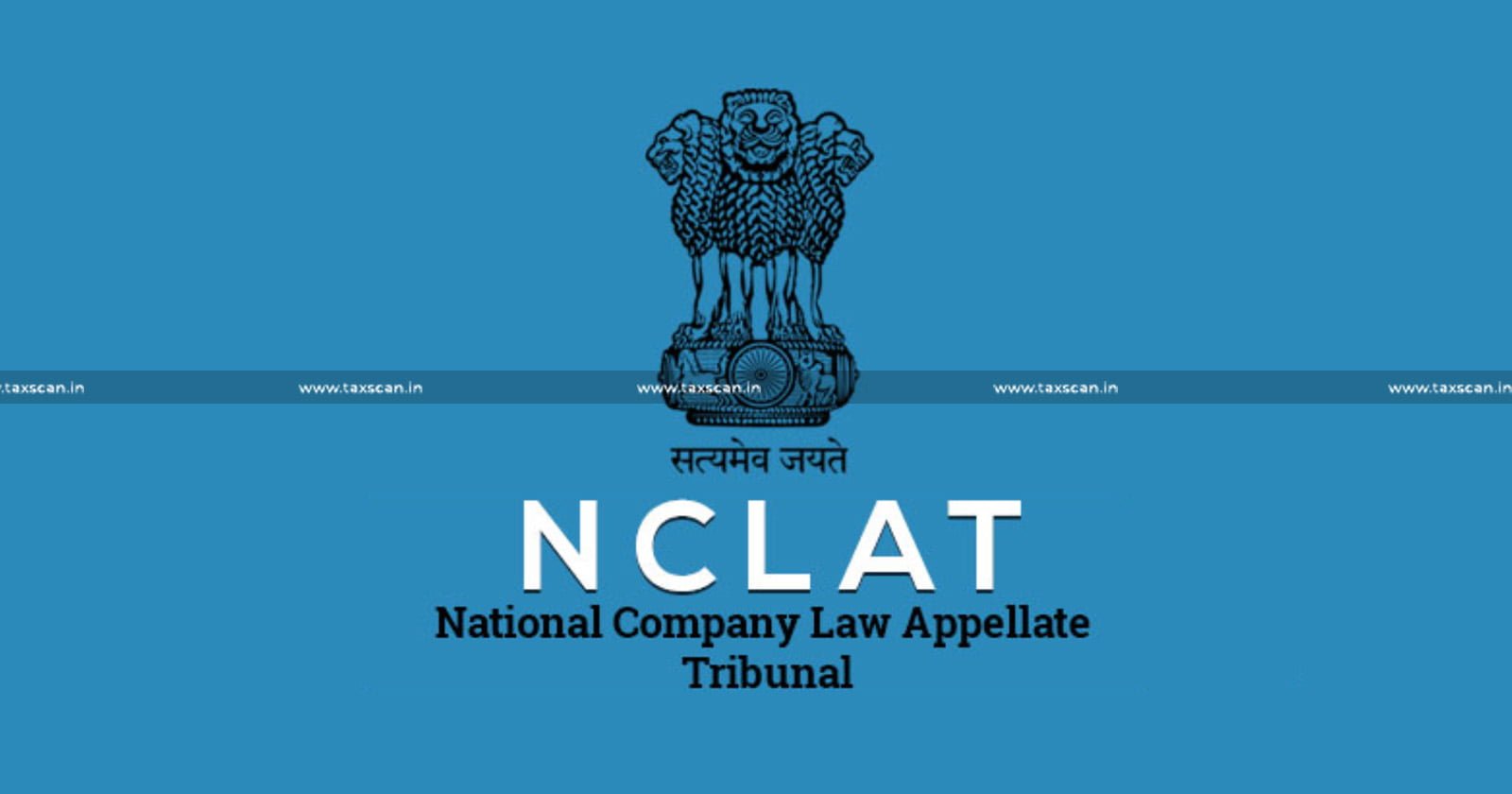Legal Representative of Deceased can be Party of Proceedings u/s 241 of Companies Act: NCLAT upholds NCLT Order

Legal Representative of Deceased – Legal Representative – Party of Proceedings – Proceedings – Companies Act – NCLAT upholds NCLT Order – NCLAT – NCLT Order – NCLT – taxscan
Legal Representative of Deceased – Legal Representative – Party of Proceedings – Proceedings – Companies Act – NCLAT upholds NCLT Order – NCLAT – NCLT Order – NCLT – taxscan
The Chennai bench of the National Company Law Appellate Tribunal (NCLAT) has upheld the order of the National Company Law Tribunal (NCLT) and held that the legal representative of the deceased can be a party to proceedings under section 241 of the Companies Act, 2013.
M/s. Ambadi Investments Limited, the Appellant challenged the National Company Law Tribunal, (NCLT) Chennai, the `impugned order’. After the demise of the original 1st Petitioner Mrs. M.V. Valli Murugappan, the 1,25,952 shares held by the 1st Petitioner were transmitted to the 1st and 2nd Applicant.
The 1st and 2nd Applicant, has transferred 62,581 shares each respectively on 04.03.2022 in favour of M.V. Murugappan (HUF), the Second Respondent herein who is the 2nd Petitioner in the main Company Petition. The shareholdings of the 1st Applicant stand reduced to 250 shares and the shareholding of the 2nd Applicant stands reduced to NIL. As such the 1st Applicant does not hold any shares in the 3rd Respondent Company.
The Counsel for the Appellant brings it to the notice of this `Tribunal’, Mrs. M.V. Valli Murugappan died on 21.01.2022 and M.V. Murugappan, Hindu Undivided Family, sought to invoke the jurisdiction of the `National Company Law Tribunal’ (under Section 241 and 242 of the Companies Act, 2013). Further, for want of requisite qualification to sustain a `Company, they filed a `Waiver Application’ under Section 244 of the Act, praying for `Waiver’ of the `Requirements’, specified under Section 244 (1)(a) of the Act.
The Counsel for the Appellant pointed out that when the company petition was pending before the `Tribunal’, another `Waiver Application’ was filed seeking the same relief, as prayed for in CP/29/2020.
A `Succession Certificate’, can be granted, not only in respect of the `Debt’, but also regarding the `Shares’, in a `Company’.
It cannot be forgotten that Rule 53 (2) of the NCLT Rules, 2016, specifically mentions that in case of `Death of a Party’, during the pendency of proceedings, before the `Tribunal’, the `Legal Representative’ of the `Deceased Party’, may `apply’, within 90 days of the date of such `Debt’, for being `brought on record’.
It was evident that even in respect of `Oppression and Mismanagement Proceedings’, if an `Application’ / `Petition’, for `Substitution of Legal Heirs’, is permitted by the `Court’ / `Tribunal’, the fact that, the `aspect of a Legal Representative’, has `no bearing, whatsoever’, in the said `Application’.
A two-member bench comprising Justice M. Venugopal, Member (Judicial) and Shreesha Merla, Member (Technical) that “when a `Member’ dies, His / Her `Estate’ vests in `Legal Representatives’, on the `demise of the Deceased’, and keeping in mind of a prime fact, that there is `no Law’, which specifically envisages that unless, the `Legal Representatives’, become `Members’ of a `Company’, the `Legal Representatives’, of the `Deceased’, shall not become a `Party’, to the `Proceedings’, under Section 241 and 242 of the Companies Act, 2013.”
To Read the full text of the Order CLICK HERE
Support our journalism by subscribing to Taxscan premium. Follow us on Telegram for quick updates


